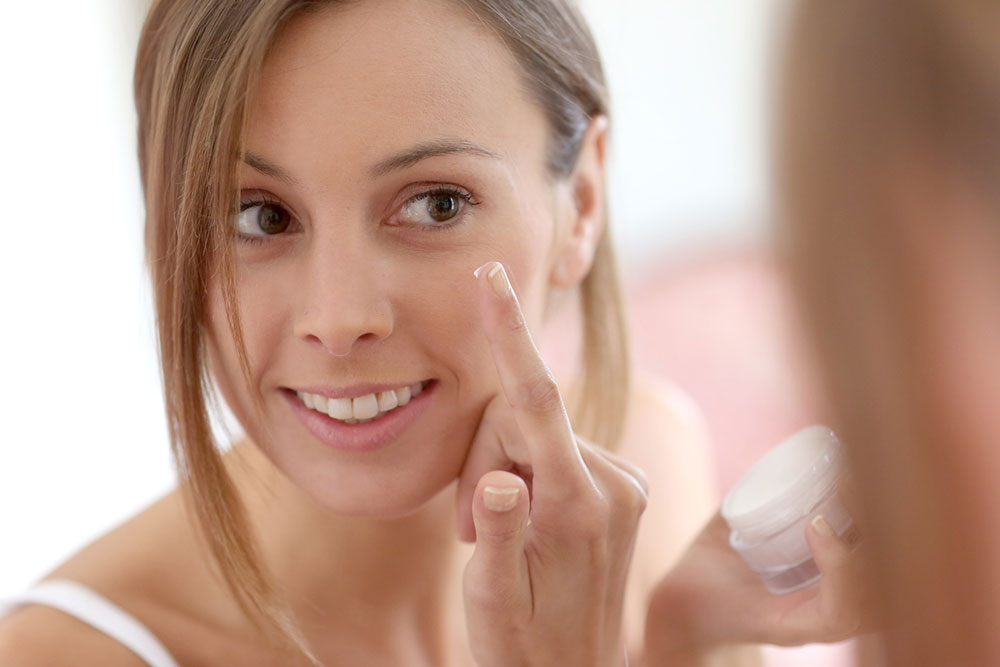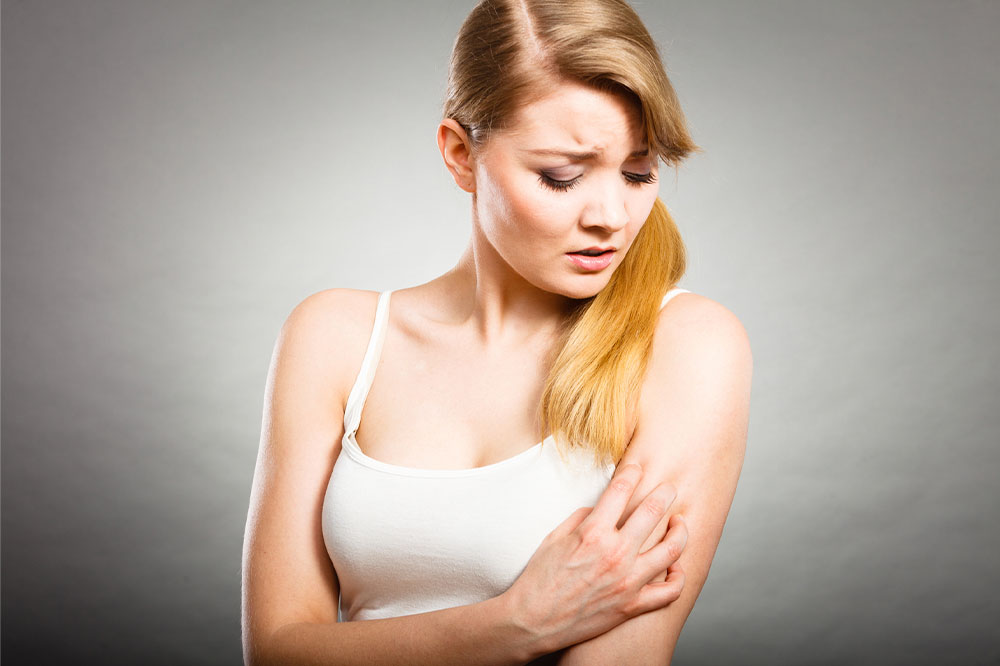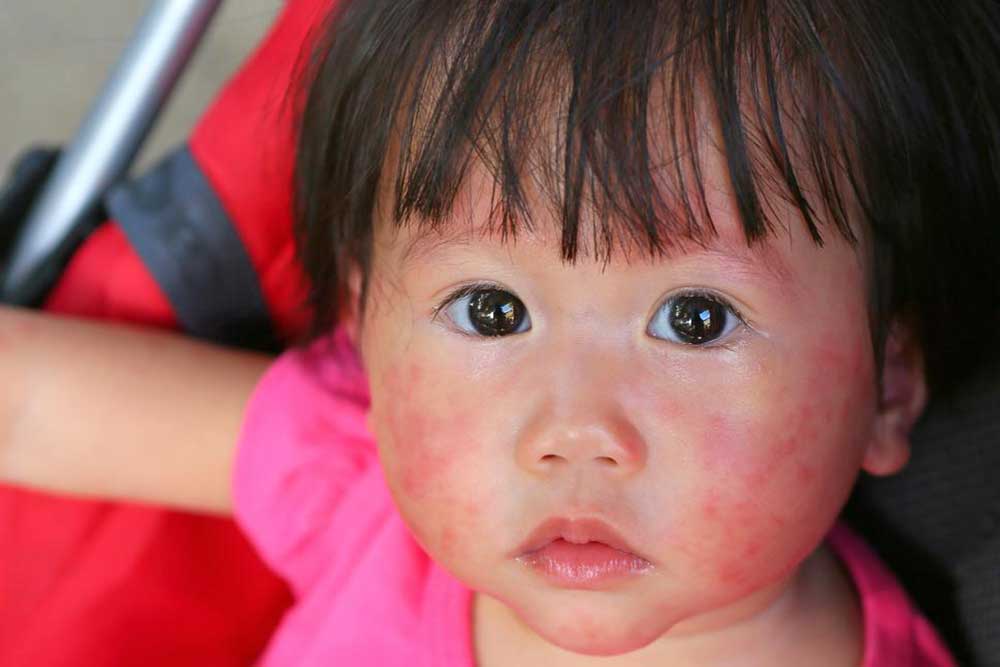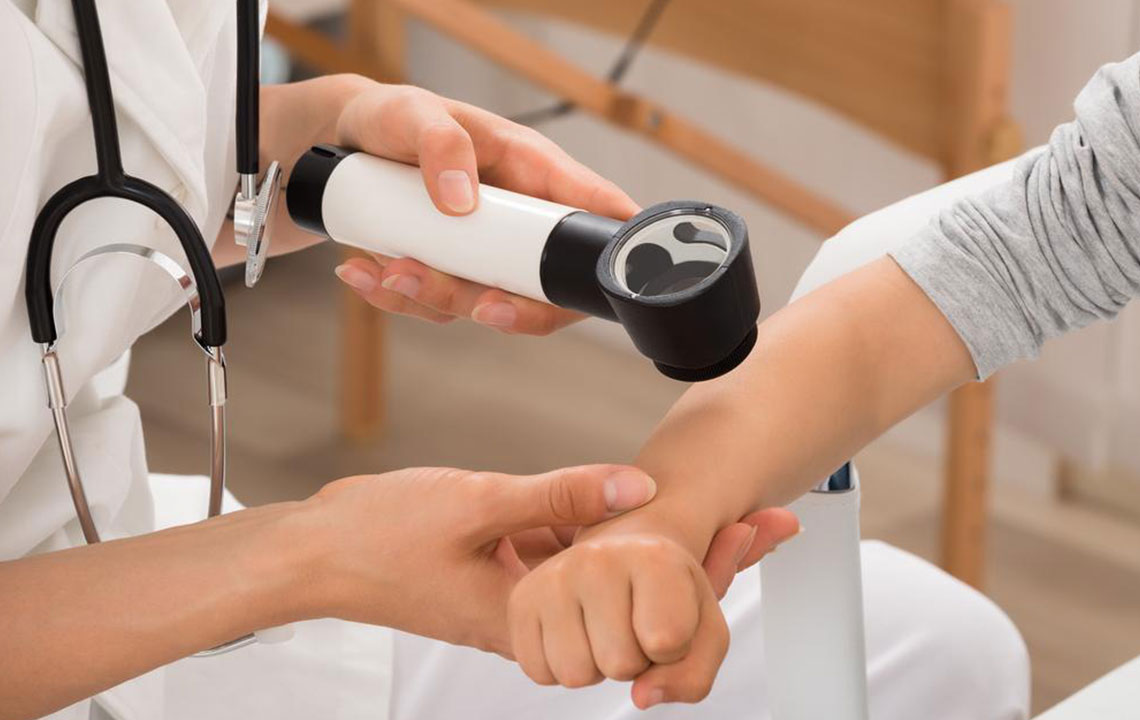Comprehensive Guide to Common Skin Conditions: Causes, Symptoms, and Treatments
This comprehensive article explores common dermatological conditions such as acne, psoriasis, and rosacea, detailing their causes, symptoms, and treatment options. It offers valuable insights into maintaining healthy skin and recognizing signs of underlying health issues. Suitable for those seeking to understand skin health better and manage skin concerns effectively.
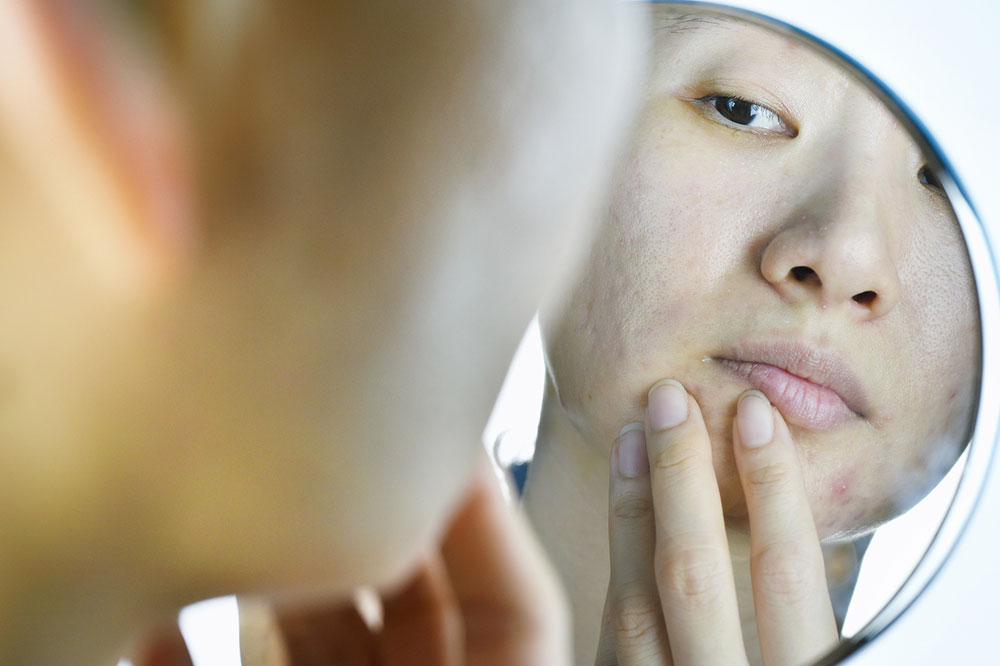
Comprehensive Guide to Common Skin Conditions: Causes, Symptoms, and Treatments
Your skin is not just the body's largest organ but also a crucial indicator of your overall health. Maintaining healthy skin requires a balanced diet, good hygiene, and understanding various skin conditions that could signal underlying health issues. This extensive guide explores some of the most common dermatological conditions, their roots, symptoms, and available treatments to help you identify and manage these skin concerns effectively.
Understanding Acne: Causes, Symptoms, and Management
One of the most prevalent skin issues worldwide, acne develops when hair follicles become clogged with excess oil produced by sebaceous glands. While often associated with adolescence, acne can affect individuals of all ages, including adults. It's a condition that manifests as whiteheads, blackheads, pimples, cysts, and sometimes nodules, particularly on the face, back, and shoulders. Despite its ubiquity, understanding its causes can help in effective management and prevention.
Identifying Symptoms
Acne presents as various types of lesions: whiteheads, blackheads, pustules, papules, cysts, and sometimes painful nodules beneath the skin's surface. The affected skin may appear inflamed, red, and swollen, with lesions often clustered on the face, neck, chest, and back. Excess oiliness, tenderness, and scarring are common concerns associated with untreated acne.
Causes and Contributing Factors
The primary cause of acne is the overproduction of sebum combined with abnormal shedding of dead skin cells inside hair follicles. This combination leads to blockage and creates an environment conducive to bacterial growth, particularly Propionibacterium acnes. Fluctuations in hormones during puberty, menstrual cycles, pregnancy, or due to medications like steroids can exacerbate the condition. Oily skin, genetics, stress, certain medications, and dietary factors such as high sugar intake can also increase susceptibility.
Understanding Psoriasis: A Chronic Autoimmune Skin Disease
Psoriasis is a hereditary autoimmune disorder that causes rapid skin cell production, resulting in thick, scaly patches that are often itchy and inflamed. Although it predominantly affects the skin, psoriasis can also impact nails and joints, leading to psoriatic arthritis. This condition is non-contagious but can significantly diminish quality of life due to its visible symptoms and discomfort.
Signs & Symptoms
Visible signs of psoriasis include raised, reddish patches topped with silvery-white scales. These patches, known as plaques, frequently appear on elbows, knees, scalp, and lower back. The skin around the patches may be inflamed and tender. In some cases, small pitted or discolored nails and joint pain can accompany skin symptoms. Psoriasis may flare up periodically, triggered by stress, infections, injuries, certain medications, or climatic factors.
Rosacea: A Chronic Vascular Skin Condition
Rosacea primarily affects facial skin, especially in light-skinned individuals, causing persistent redness and visible blood vessels. Over time, the condition can lead to swelling and the development of bumps similar to acne, especially on the nose, cheeks, forehead, and chin. Advanced stages may result in rhinophyma, characterized by a thickened, bulbous nose appearance.
Symptoms and Triggers
Common symptoms include facial flushing, redness, visible veins (telangiectasia), pustules, and swelling. The exact cause remains unclear, but factors like neurovascular dysregulation, genetics, and immune response are believed to play roles. Triggers such as sun exposure, hot weather, spicy foods, alcohol, hot drinks, stress, and certain skincare products can worsen symptoms. Women are more frequently affected, especially during middle age, though men may experience more severe manifestations.
Understanding and managing these common skin conditions can significantly improve skin health and overall well-being. Consulting with a dermatologist for proper diagnosis and tailored treatment plans is essential for effective care. Whether dealing with acne, psoriasis, or rosacea, early intervention can prevent complications and help maintain healthy, vibrant skin.


